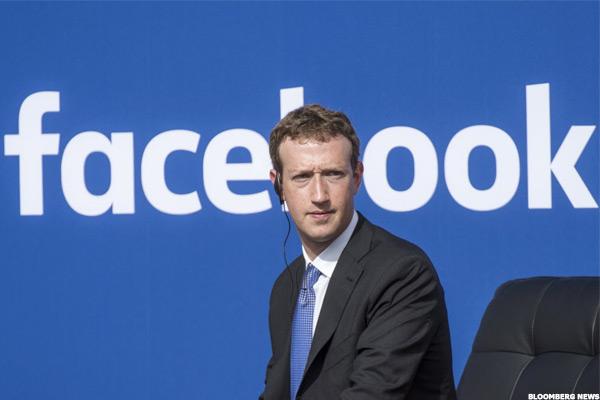Facebook fake news performed better than real stories during the election, according to report

Your support helps us to tell the story
From reproductive rights to climate change to Big Tech, The Independent is on the ground when the story is developing. Whether it's investigating the financials of Elon Musk's pro-Trump PAC or producing our latest documentary, 'The A Word', which shines a light on the American women fighting for reproductive rights, we know how important it is to parse out the facts from the messaging.
At such a critical moment in US history, we need reporters on the ground. Your donation allows us to keep sending journalists to speak to both sides of the story.
The Independent is trusted by Americans across the entire political spectrum. And unlike many other quality news outlets, we choose not to lock Americans out of our reporting and analysis with paywalls. We believe quality journalism should be available to everyone, paid for by those who can afford it.
Your support makes all the difference.Fake election news got more attention than did real stories on Facebook during the final months of the US presidential campaign, according to an analysis published Wednesday by BuzzFeed News.
The tech news outlet found that the 20 top-performing bogus stories from hoax websites and extremely partisan blogs generated slightly more than 8.7 million shares, reactions and comments at the leading social network in the three months before the November 8 election.
In comparison, the 20 best-performing election stories from major news websites including The New York Times, The Washington Post, and Huffington Post got just shy of 7.4 million shares, reactions and comments at Facebook, according to BuzzFeed.
Prior to the final three months of the presidential campaign, top election stories from major outlets had strongly outperformed fake news, BuzzFeed reported.
Facebook chief Mark Zuckerberg last week rejected the idea that bogus stories shared at the social network paved a path of victory for Republican President-elect Donald Trump.
"The idea that fake news on Facebook, which is a very small amount of the content, influenced the election in any way I think is a pretty crazy idea," Zuckerberg said during an onstage chat at a Technonomy technology trends conference in California.
However, Zuckerberg added, Facebook has also found that people are less inclined to
click on links or otherwise check out shared stories that did not line up with their views.
The News Feed at Facebook has evolved from the early days of being about sharing personal tidbits with friends or family to becoming a platform for important news.
Google and Facebook moved Tuesday to cut off advertising revenue to fake news sites, after a wave of criticism over the role misinformation played in the US presidential election.
The move by the two tech giants aims to choke off funds to an industry fueled by bogus, often sensational "news" circulating online and seen as a potential influence on public opinion.
Join our commenting forum
Join thought-provoking conversations, follow other Independent readers and see their replies
Comments